The Malawi Electoral Commission (MEC) should consider revising nomination fees paid by presidential candidates before the September 16 2025 General Elections.
There are too many political parties popping up in Malawi.
This has become a trend in the years leading up to general elections.
Too many characters think they have what it takes to run this country. Since the nomination fee is affordable, they can—and they do—make it on the ballot.
Seriously, this is a joke.
Only last week, the country learnt that hitherto little-known Christopher Chiomba had registered Nzika Coalition. Earlier, the name was associated with self-styled independent presidential aspirant Milward Tobias’ political movement.
This “launch” was preceded by the unveiling of sacked Democratic Progressive Party vice-president Kondwani Nankhumwa’s People’s Democratic Party, Prophet David Mbewe’s Liberation for Economic Freedom and Frank Tumpale Mwenifumbo’s National Development Party.
More political parties might be added to the list before the polling day shifted from May to September next year.
From what is happening, it is apparent that the requirements for party registration in Malawi are simple.
I appreciate this considering that Malawians in the 1993 referendum rejected one-party rule in favour of multiparty politics.
Registering or joining a political party is everyone’s democratic right.
However, from the outset, most of these parties do not stand a chance of winning a seat in Parliament, not even in the local government councils.
This circus cannot go on. It must come to an end.
To avoid wasting voters’ time and taxpayers’ money to print lengthy ballot papers, as has been the case in past elections, MEC should consider making requirements for presidential candidates more stringent than is the case currently.
For example, the aspirants should be required to be nominated by 100 registered voters in each district.
The candidate should also be required to pay a non-refundable fee of K28 million, which is worth K1 000 only per signature.
If the voters are confident that their candidate stands a chance to win, they should be ready to sponsor their candidate.
The K1 000-per-hand fee is not prohibitive, but affordable for someone aspiring to the highest office in the land.
Should candidates wish to pay their nominations out of pocket, there should be no law against it. Let them pay on their own.
However, since it is not a small amount, no sane person will want to spend K28 million to buy a few square centimetres on the ballot for her or his face.
This may also reduce the likelihood of presidential run-offs if none of the candidates achieves the 50+1 threshold.
As the courts ruled in 2020, Parliament has duly amended the laws to provide for a second election in case no president wins more than half or 50 percent of the valid votes cast.
This is a costly likelihood that the nation can prevent by weeding candidates likely to divide the votes.
The fees for members of Parliament and councillors should also be adjusted.
For argument’s sake, it can be at least K1 million for a parliamentary candidate and K150 000 for a ward councillor.
The fees should also be non-refundable.
Like the presidential candidates, no one would want to waste such a sum haphazardly or just for fun.
Similarly, if the voters have confidence in their aspirant parliamentary or council candidates, they should have the motivation to sponsor them through contributions for the nomination fees.
The idea of the proposal to hike the fees is not to punish anyone or curtail aspirants’ political rights.
However, it is meant to bring sanity to the whole electoral process of our country.


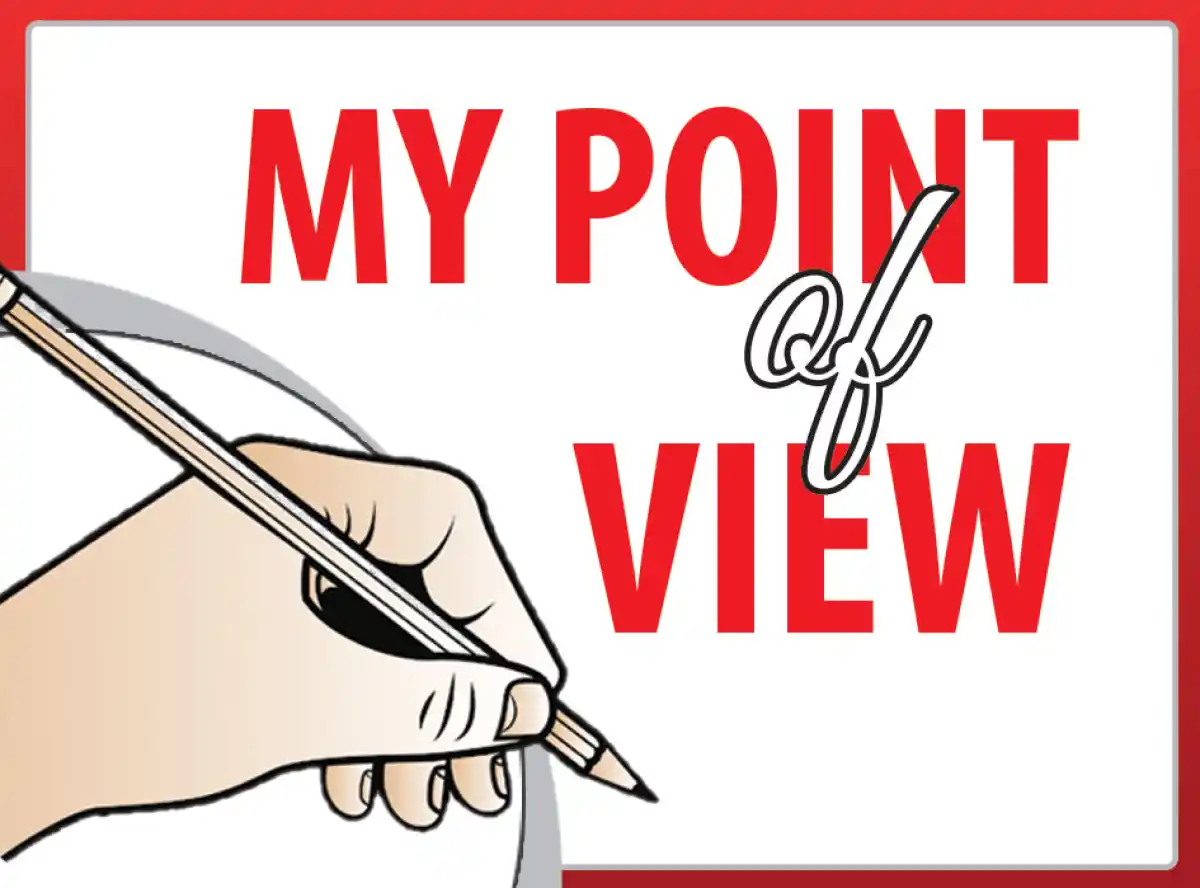

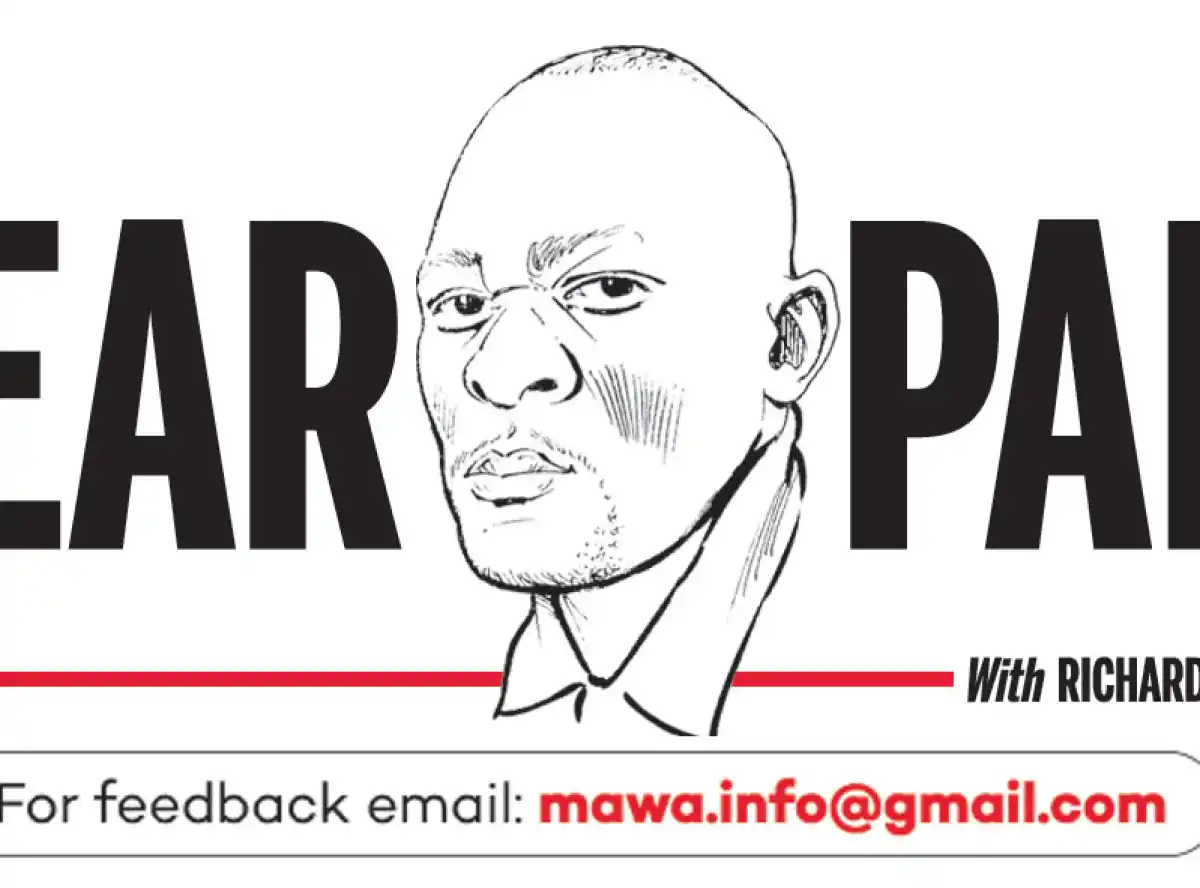
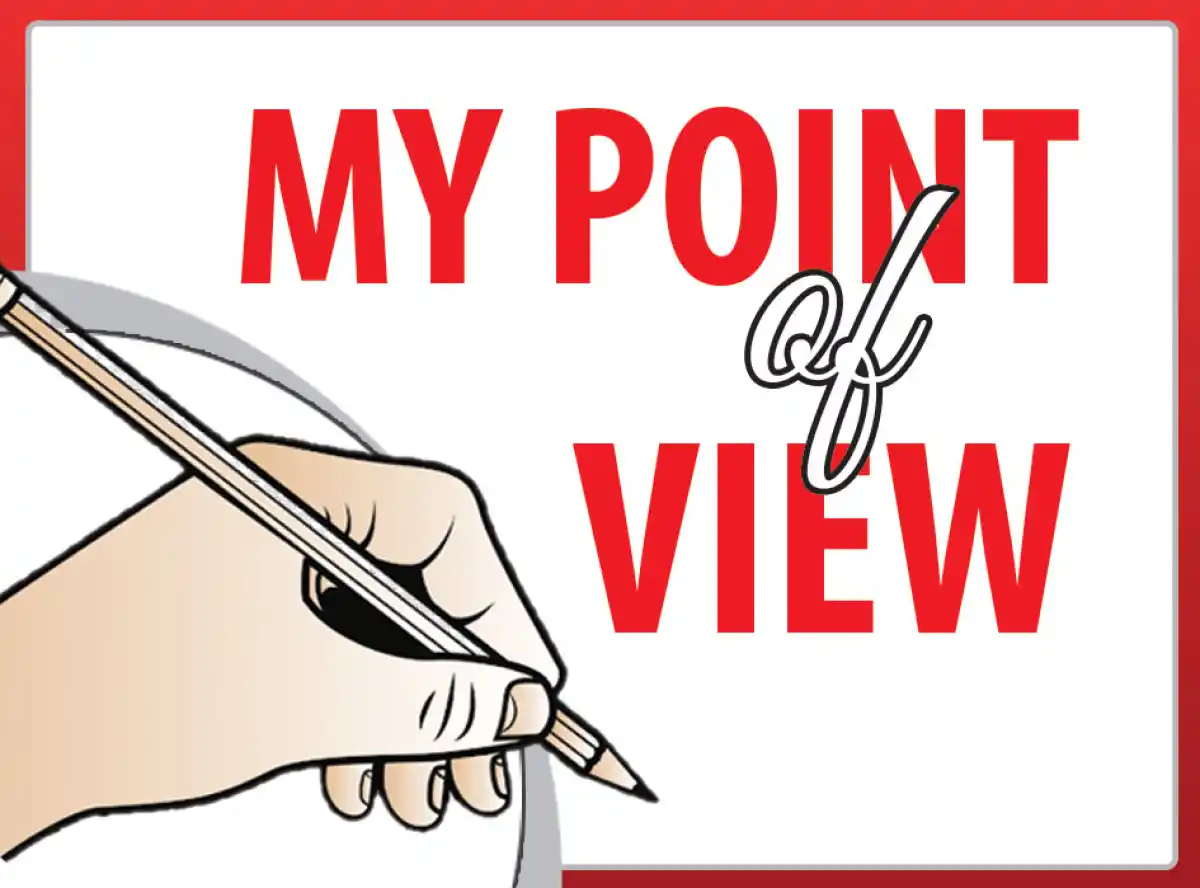
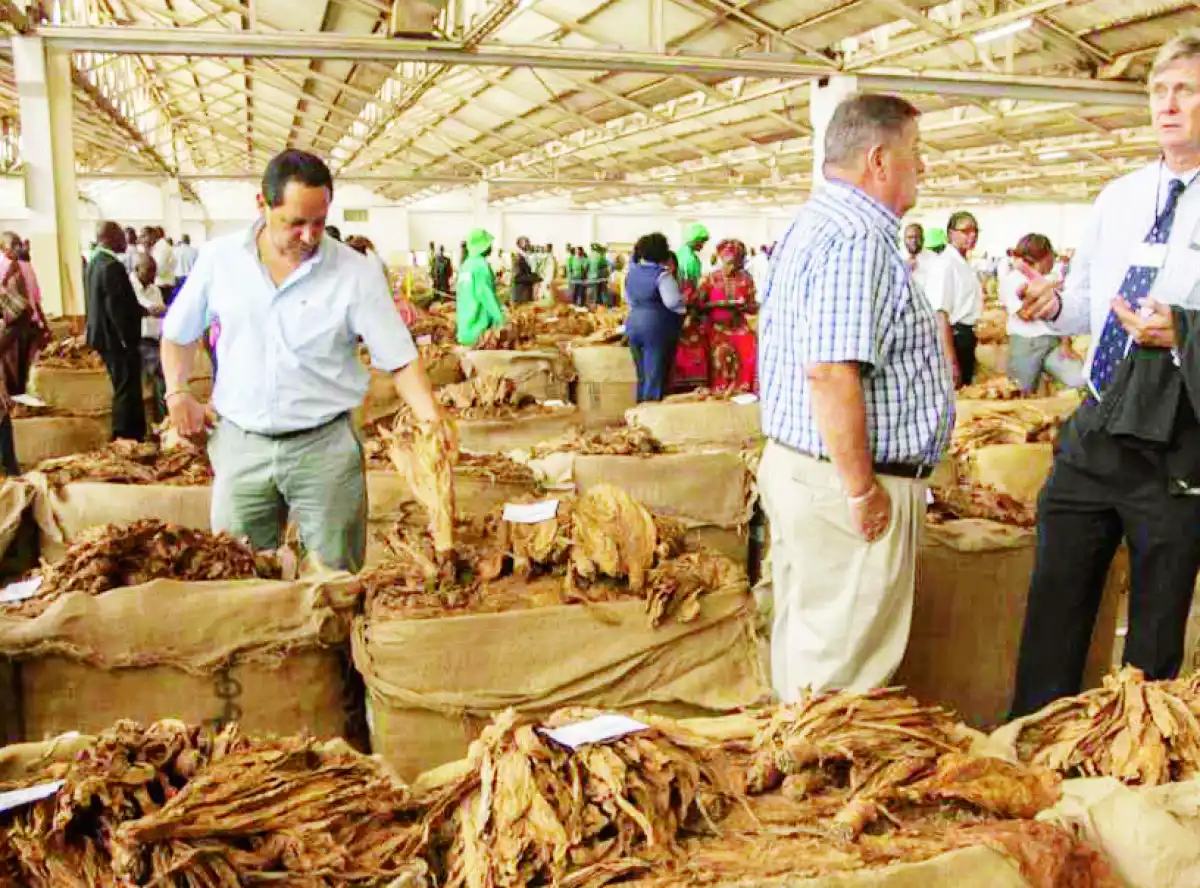
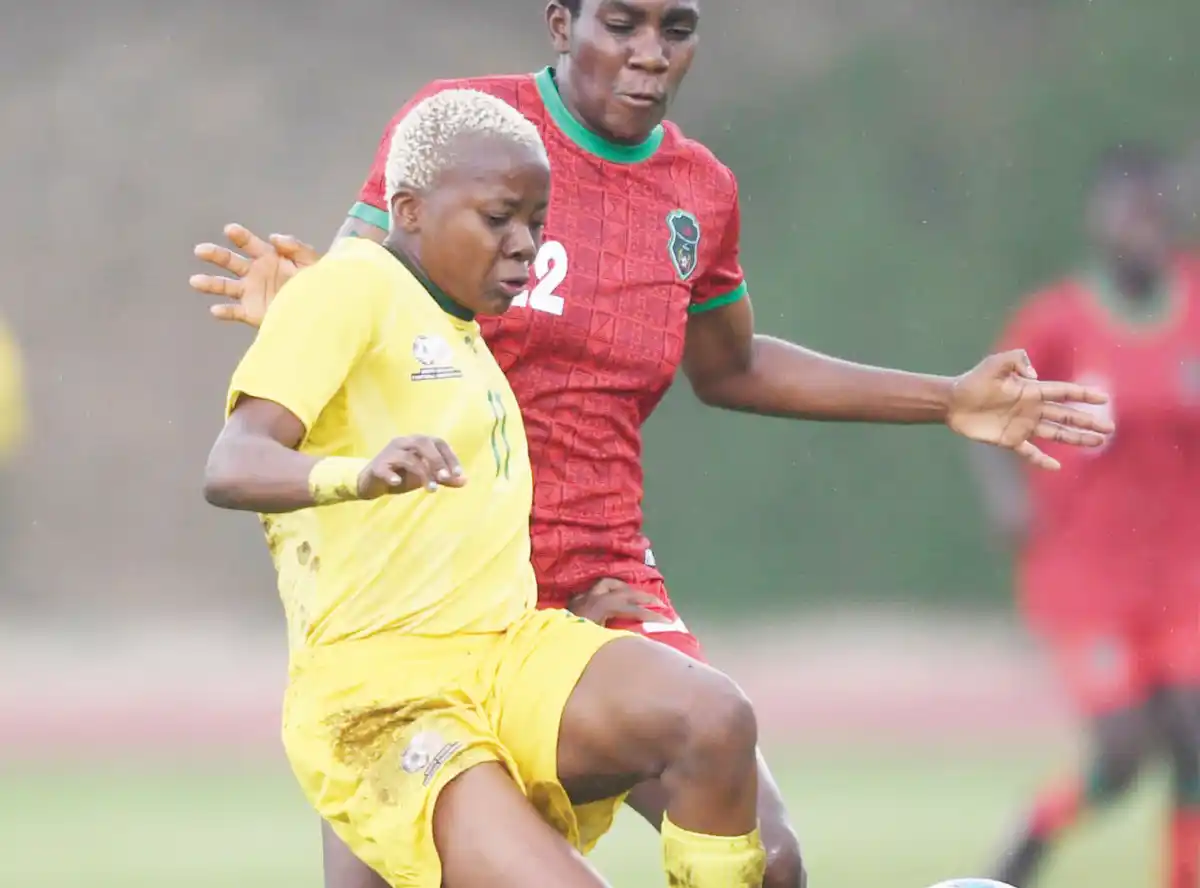
0 Comments